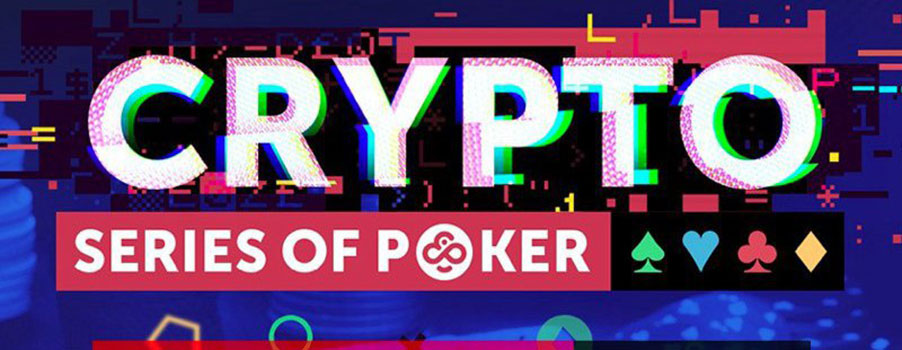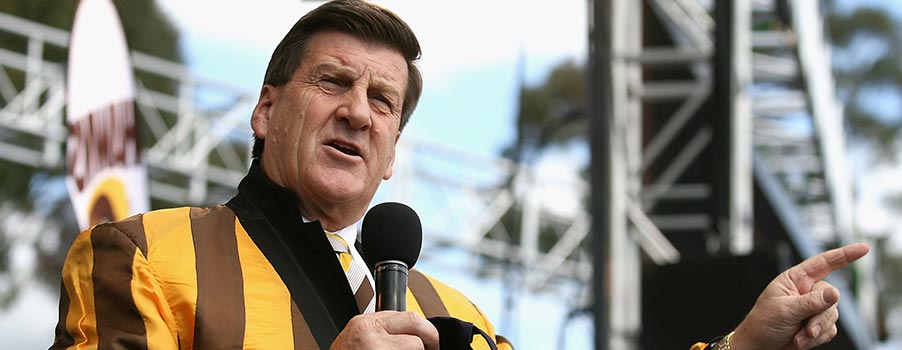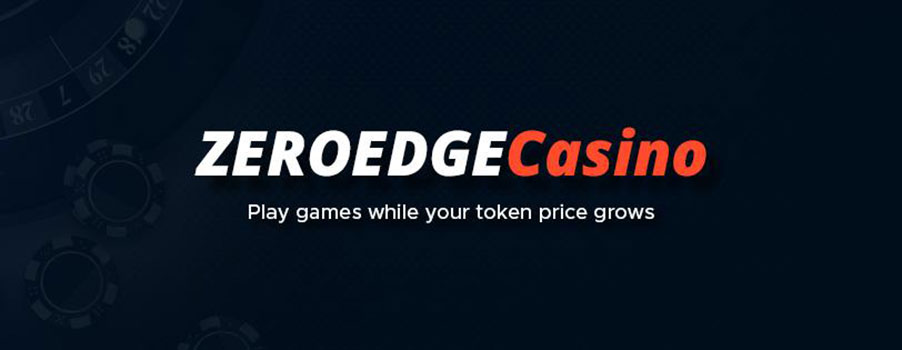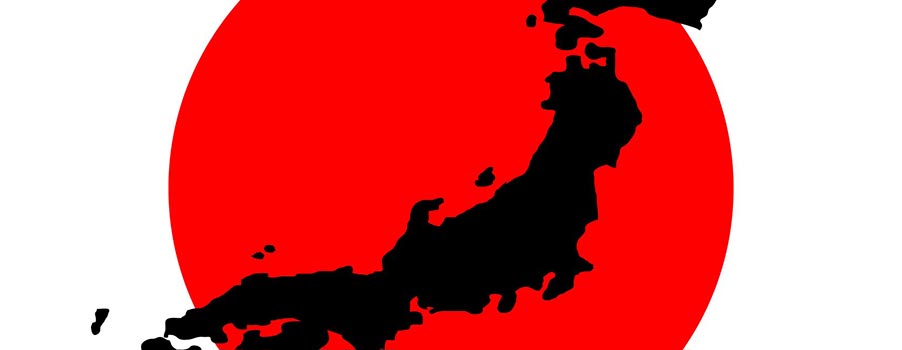CoinPoker, a unique online poker room built on blockchain technology, is about to revolutionize the concept of online poker with the launch of the world’s first Crypto Series of Poker (CSOP). The poker room that has always reiterated that it is built on trust and transparency announced that the daily tournaments of CSOP will take place as from May 27 to June 3 and will feature a total prize pool of ten million CHP (the operator’s in-house cryptocurrency).
“Join in on a week of daily tournaments taking place between May 27 and June 3. The series kicks off with a quarter and half a million CHP prize pools, and ends with an epic final event where 2,500,000 CHP is yours for the taking,” said CoinPoker spokesperson from.
The company through its spokesperson also added that the unique poker series is being launched to give back to the poker room’s early adopters who have, without a doubt, contributed immensely to the growth of CoinPoker. However, every other player will also get to enjoy the best of what the platform has to offer.
Online poker has certainly grown in popularity over the past few years, players still have to put up with a variety of complex problems that include the lack of control over the funds, problematic withdrawal services, and lack of transparency as well as high burn rates for recreational players. CoinPoker found a way of going around all these problems by utilizing a fully decentralized set of contracts – the platform operates on the Ethereum smart contract based cryptocurrency protocols.
CoinPoker’s ambitious new venture is however not the first time that the platform is commanding a lot of attention from poker enthusiasts. The company has previously been part of partnerships with some of the largest poker tournaments such as the Japanese Poker Association (JPA) for 2018’s Japan Poker Cup that begun in April and is set to continue till later in August.
“On top of the benefits for online poker players, our collaboration with multiple poker leagues in the form of online satellites make live poker events accessible to players in different corners of the world,” says Paulius Mikaliunas, CoinPoker’s Head of Poker Operations. “The release of our upcoming mobile app will help boost these efforts, alongside ambitious plans for diversifying the games on our platform to ultimately give CHP investors and CoinPoker players more value.”










